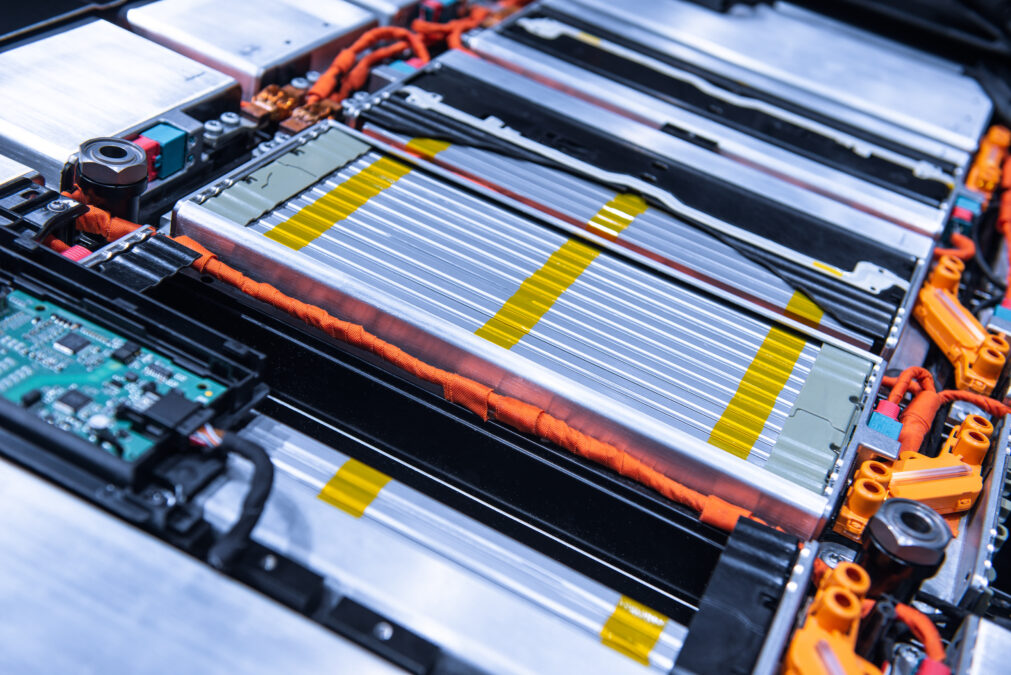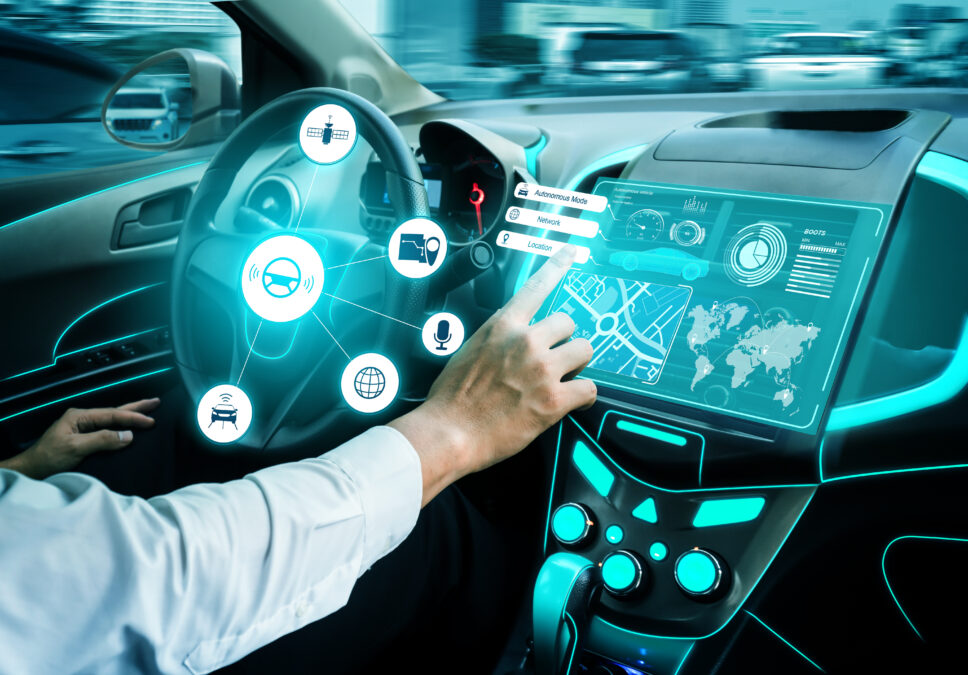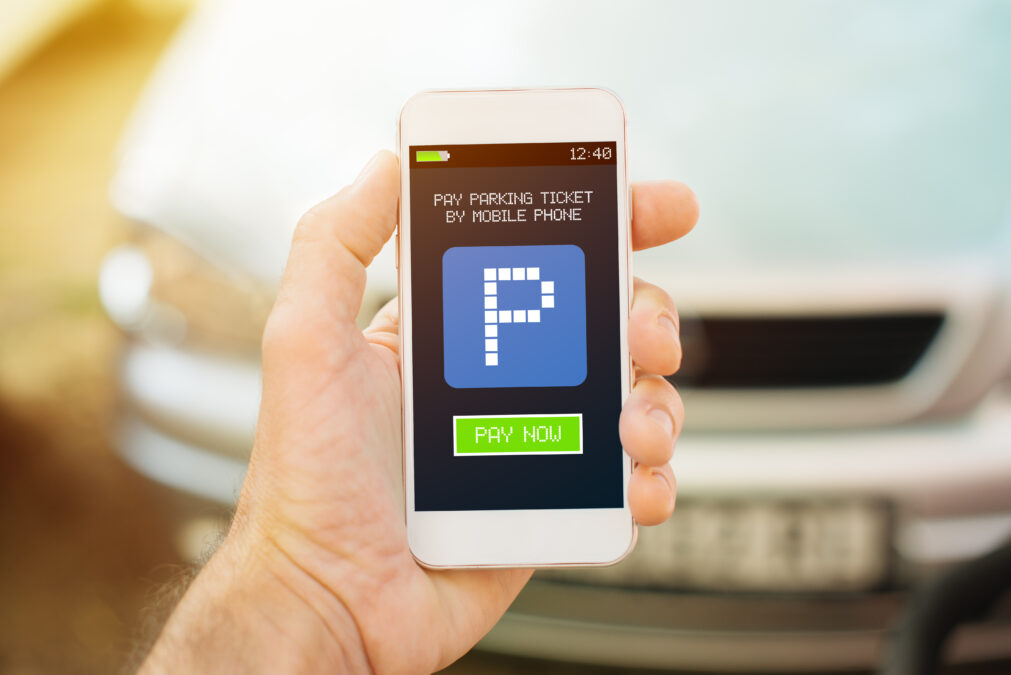Connected Car technology has been talked about since the 1970’s. It’s been featured in many movies and television shows – think of the modified Aston Martins in recent James Bond movies, and the intelligent car 'Kitt' in the Television show Knight Rider. It now appears as though this technology is actually ready to hit the marketplace. In fact, various cars have been using elements of this technology for years.
Examples include vehicle location, OnStar roadside assistance, Satellite radio, Bluetooth capability (so your cell phone can use your car speakers among other things), rear-view cameras, remote start, onboard Wifi, and so on.
The promise of the technology certainly sounds good – but its usage also opens up potential vulnerabilities, security and privacy issues. Here are the main arguments for and against the technology.
Driving forward
Connected cars will definitely provide conveniences for consumers, especially in the area of new and improved capabilities in infotainment systems. In addition to the features mentioned above, consumers will have access to an even more extensive set of features. Some examples include:
Built-in Wi-Fi hotspot for all of the passengers, enhanced rear-seat entertainment capabilities (e.g. movies, games and social networking), improved GPS location services, integrated cell phone services and SMS text messages (including text to speech capabilities), internet-enabled or smartphone-enabled content such as sports scores, weather forecasts and traffic reports, and integration to future government sponsored information services (e.g. weather and missing person alerts, road toll beacons, roadway navigation).
> See also: How cars of the future will be secured from the cloud
Two other big features include a self-driving capability for the car and direct communications with the car computer for maintenance information and vehicle repairs. Both of these features are already in final test stages or deployed in the market.
Self-driving capability will definitely give the consumer more time to conduct business or enjoy personal activities. The vehicle maintenance capabilities should be able to help speed up time to diagnosis by providing more information in a readily accessible format.
Putting the brakes on
On the other side of the question (whether connected cars are ready), there is a fundamental question that consumers must address, 'Can I trust it?' There is good reason for customer skepticism because there are multiple potential problem areas for this new technology, such as: security of the consumer’s personal information, system reliability, personal privacy, legal issues for drivers, manufacturers and insurers.
In light of all of the cyber hacking stories these days, will the consumer trust that their information is safe? At the same time, most consumers have grown complacent on this topic for typical enterprises.
However, according to a 2014 McKinsey Institute survey, 37% of most of the respondents would not currently consider buying a connected car due to privacy and security concerns.
And 54% fully believe that someone could hack into their car – a concept that was proven in 2015 with successful hacks on a range of vehicles’ control systems, including braking control. So, the jury is still out on this subject.
In a related topic, when it comes to all of the new data being produced and sent to entities outside of the vehicle, who is responsible for the security of any personally identifiable information contained within the database(s)?
> See also: Connected cars are the future, but how far along the road are we?
There will be multiple vendors, as well different types of vendors (wireless carriers, automobile makers, satellite radio services, entertainment companies, government agencies and even local businesses), who will be accessing consumer information. So, who owns the security of that information?
Navigating data security
Also, what will be the insurance and liability ramifications of an accident involving an autonomously driven vehicle? Who’s responsible? Will it be an insurance company, the automaker or the car owner?
These vehicles already can, and will definitely be able to in the future, collect information on personal driving habits (car speeds, braking, and location). Can law enforcement legally request, or directly access, this information for criminal offenses, even minor ones like speeding and reckless driving?
Can insurance companies request access to this information as well and refuse payment based upon the data? And, what about privacy of information in general? The automotive companies can already access vehicle information remotely in many cases. Does the consumer have a right to keep this information private?
When you look under the bonnet at the new changes coming for automobiles, it appears to be a mixed bag as far as benefits and drawbacks are concerned. What we as consumers, and the industry as whole needs to decide is: are we ready for the challenge of steering the fine line between convenience and security?
Sourced from Keith Bromley, Senior Manager, Solutions Marketing, Ixia







